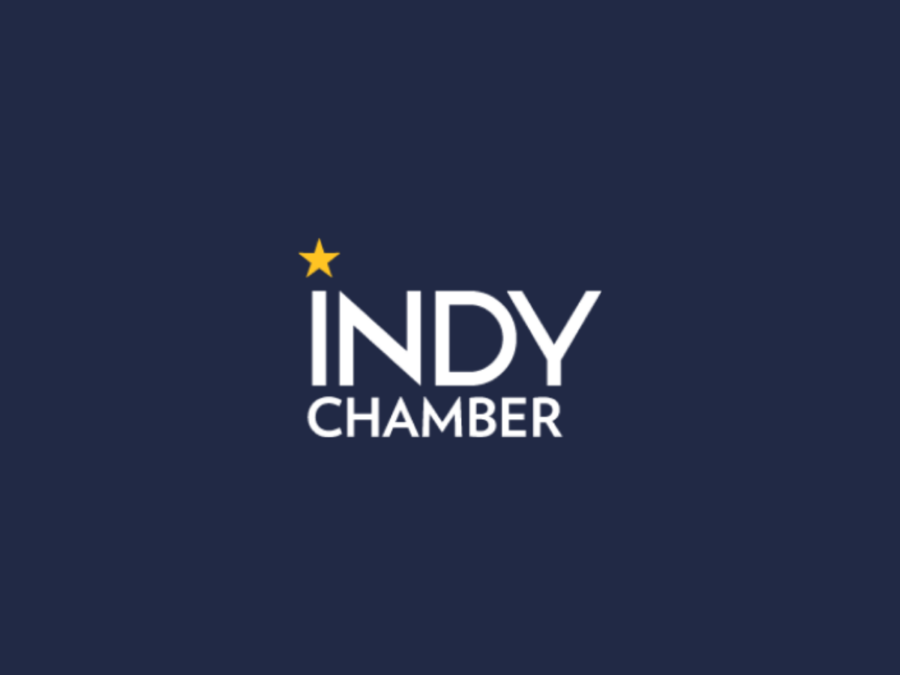Indy Chamber News Archives
By: Mark Fisher, Chief Policy Officer, Indy Chamber
With no elections this fall and the legislative session a few months away, the Indy Chamber has taken the opportunity to focus on a much larger-scale challenge – the looming consequences of too many of our citizens being left behind from the opportunities of our growing economy. We’ve partnered with the Brookings Institution over the last six months to start an ambitious research and policymaking push towards “inclusive growth” to enlist more people and neighborhoods into our regional economy.
The widening economic divisions are easy to spot: Glassdoor.com just placed Indy #2 on its ‘Best Cities for Jobs 2017’ list – but as the distribution of jobs has shifted and transportation options haven’t kept up, Center Township residents have lost access to 60,000 ‘nearby’ jobs in the last decade, forcing workers in the urban core to commute further for the same pay or less.
Indy’s tech sector keeps rolling, powering Indiana to the #2 spot in software job growth. But also with one of the nation’s fastest-growing tech sectors, we have one of its fastest-growing metro poverty rates. An analysis released by the Sagamore Institute last month showed Indianapolis gained 80,000 people at the same time poverty increased by 85,000 since 2000; more Marion County citizens now live in poverty than ever before.
Last week we got the news that Indy cracked the top ten in Kauffmann’s Index of Growth Entrepreneurship. But start-up companies have better odds of success than many local children: Earlier research shows that Indianapolis kids born into poverty are more likely to stay there than almost any other major metro.
We joined Brookings and a handful of other metros in the ‘Inclusive Economic Development Lab’ (learn more about our findings here) to start understanding and exploring solutions to these issues of access and opportunity before they sabotage long-term prospects for growth.
Among the more straightforward arguments for making inclusion an economic development priority: We just can’t afford to squander our homegrown human capital. Investment, innovation, and employment are dominated by large urban areas that include a healthy supply of skilled workers.
By improving skills, quality of life and accessible employment for more of our workforce, we’re also helping businesses recruit more qualified people…they’ll be more competitive, more likely to keep expanding, and we’ll create a growth cycle that takes the place of the spiral into poverty that’s so commonplace. We’ve already lost billions in potential economic growth because too many workers were underemployed, unqualified or otherwise obstructed from taking on vacant jobs.
As we continue to analyze these issues and others, the Indy Chamber is already pursuing goals that tie economic inclusion to business growth: We’ve led a decade-long fight for expanded mass transit (finally paying off in Marion County) to connect more people with employment, education and other opportunities.
We successfully fought for employer liability protections to hire non-violent ex-offenders, and have launched a new program to teach ex-offenders business and entrepreneurship skills, too. In fact, the Re-Entry Entrepreneurship Development Initiative (REDi) has completed its first year and outcomes are so promising that public, private and philanthropic support is pledgedto expand the effort.
We advocate strongly for employer-driven workforce and training initiatives (like Governor Holcomb’s Next Level Jobs program) to help Hoosiers upgrade their skills to compete for good jobs in fast-growing industries. And by focusing on the earliest learning opportunities for low-income children – accessible, affordable pre-K – we aim to jump-start upward mobility and build a stronger workforce for the future.
Through continued engagement with Brookings and our partners at the IU Public Policy Institute, we’re developing a more comprehensive action plan around inclusive growth that could grow to address issues like housing, addiction and mental health services, and more. We’ve shared this work with our Indy Chamber policy councils and committees, and expect to see the ‘inclusion agenda’ influence our legislative priorities starting next session.
By focusing the attention of the business community on these issues, we’re building a new kind of coalition (recognized by Brookings for our powerful potential). In doing so, we’re positioned to tackle socioeconomic issues by looking beyond ‘winner takes all’ economic development to an approach aimed at creating more winners across Indianapolis.



